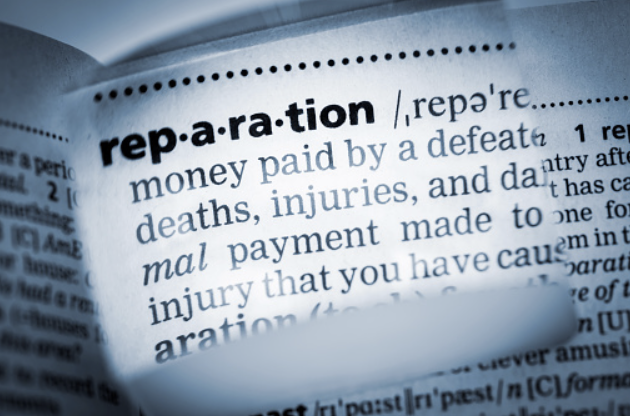
Leaders of EU and the Community of Latin American and Caribbean States (CELAC) met in Brussels this week for a two-day summit and a declaration that includes commitment to many initiatives was drafted. It includes the acknowledgment of slavery and the intent to follow CARICOM’s ten-point plan for reparations.
Ralph Gonsalves, premier of St. Vincent and the Grenadines, the current holder of CELAC’s presidency, on Monday, said he wanted the summit’s final statement to include language on the “historical legacies of native genocide and enslavement of African bodies” and “reparatory justice”.
– Advertisement –
Part of the Declaration of the EU-CELAC Summit 2023, 17-18 July 2023
“We acknowledge and profoundly regret the untold suffering inflicted on millions of men, women and children as a result of the trans-Atlantic slave trade. We underline our full support to the related principles and elements contained in the Durban Declaration and Programme of Action, including the acknowledgment that slavery and the slave trade, including the transatlantic slave trade, were appalling tragedies in the history of humanity not only because of their abhorrent barbarism but also in terms of their magnitude, organized nature and especially their negation of the essence of the victims, and that slavery and the slave trade are a crime against humanity. CELAC referred to the CARICOM ten point Plan for Reparatory Justice.”
However, not every European leader is on board with the plan for reparations. Some are being cautious but do acknowledge the atrocities meted out during slavery.
The idea of paying reparations has been swirling around for some time now, from Latin America to the US and across Europe, some governments are considering measures of compensation. At most , leaders across the world have issued apologies.

